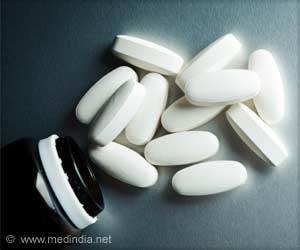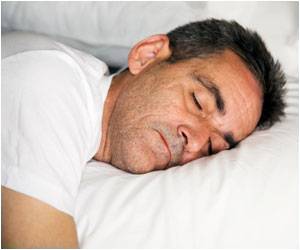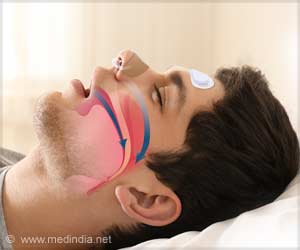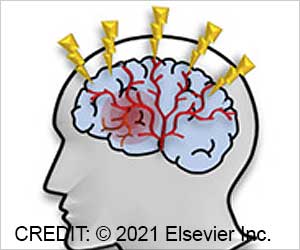Two existing medications are remodelled for treating sleep apnea can reduce the severity of disease by at least 30 per cent. This breakthrough in drug therapy helps sleep apnea treatment in long run.
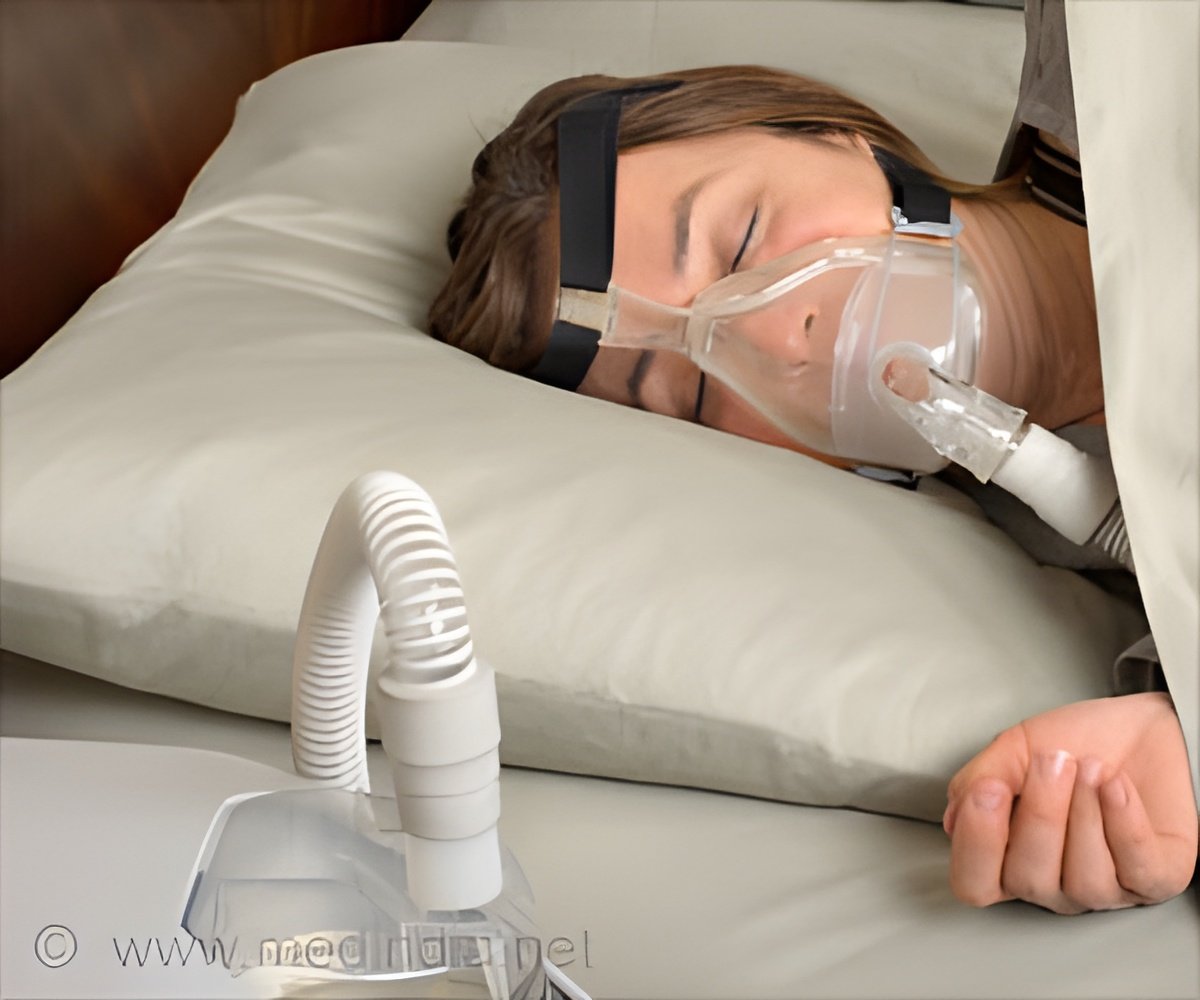
Untreated sleep apnea can cause cardiovascular disease, dementia and depression. People with sleep apnea are two to four times more likely to crash a car than the general population.
Currently, the main therapy for sleep apnea is wearing a mask to bed, or Continuous Positive Airway Pressure Therapy (CPAP), which many people feel troublesome and hard to tolerate.
The efficacy of second line therapy like mouthguards fitted by dentists can be unpredictable and expensive. There are no approved drug therapies to treat the condition despite thirty years of research.
The new research published in The Journal of Physiology evaluated the efficacy of reusing existing medications in people with sleep apnea.
Previous research showed two classes of medication, reboxetine and butyl bromide keep muscles active during sleep in people without sleep apnoea, and assist their ability to breathe.
Advertisements
This includes balancing the electrical activity of muscles around the airway, preventing the throat from collapsing while people were sleeping, and improving the regulation of carbon dioxide and breathing during sleep.
Advertisements
"We were thrilled because the current treatment options for people with sleep apnea are limited and can be a painful journey for many, Next we will look at the effects of these and similar medications over the longer term” said Professor Eckert, Principal Research Scientist at NeuRA and Professor and Director of Adelaide Institute for Sleep Health at Flinders University.
People's oxygen intake improved and their number of breathing stoppages were less. All the participants showed some improvement in sleep apnea.
These new findings allow researchers to further refine these types of medications so that they have greater benefit and these treatments can be combined with other existing medications to improve their efficacy.
Source-Medindia


